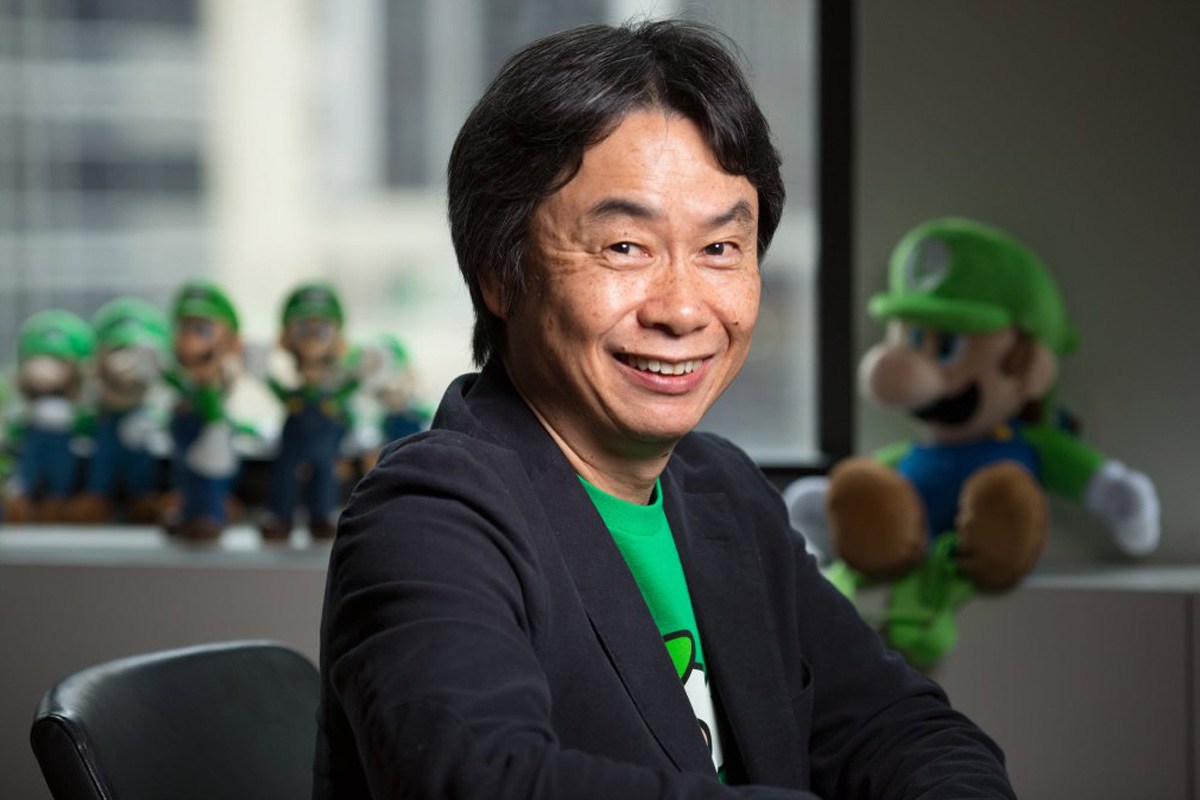 Reading Time: 2 minutes
Reading Time: 2 minutes
Shigeru Miyamoto, the iconic video-game designer who created evergreen games like Super Mario and Donkey Kong, has warned gaming companies about too much greed.
The 65-year-old industry veteran said Nintendo Co. is exploring various ways for charging customers for games, abandoning the free-to-play model that’s become a constant source of income in the $140 billion gaming sector. Instead, he urged other companies to provide games at fixed prices without over-charging players, which will create more sustainable businesses over the long term.
“We’re lucky to have such a giant market, so our thinking is, if we can deliver games at reasonable prices to as many people as possible, we will see big profits,” Miyamoto said at the Computer Entertainment Developers Conference (CEDEC) on Wednesday in Yokohama, Japan.
Miyamoto’s criticism comes as the free-to-play model — including loot boxes and microtransactions — drives record profits. Instead of charging an up-front one-time fee, publishers are increasingly giving games away or selling them at discounted prices, and then nudging players to continually buy in-game products such as virtual outfits or encouraging them to bet money on winning rare items. The revenue model is especially common among mobile and personal-computer games.
Proponents of the free-to-play model say that it increases the longevity of individual titles and creates more predictable businesses, which attracts investors and boosts employment. But opponents say it stunts creativity in game making and promotes gambling-like behavior, which resulted in lawmakers in Belgium and Netherlands banning loot boxes this year.
“I can’t say that our fixed-cost model has really been a success,” the usually candid Miyamoto said. “But we’re going to continue pushing it forward until it becomes entrenched. That way everyone can develop games in a comfortable environment. By focusing on bringing games to the widest range of people possible, we can continue boosting our mobile game business.”
The comments come almost two years after Nintendo unveiled Super Mario Run, the first smartphone game it developed in-house. The title charged a flat fee, which many users criticized as being too expensive for the amount of content provided. The company then switched to free-to-play for the next two titles. One of the games, Animal Crossing: Pocket Camp, has received criticism for being too focused on profits over fun gameplay.
Miyamoto also said game developers should heed lessons from the music industry, which is still struggling to recover after consumers learned to consume music for free through MP3 file sharing, as well as YouTube and streaming services. He said subscription-style services should play a bigger role in games, but said the key is to develop a culture of paying for good software.
“It’s necessary for developers to learn to get along with” subscription-style services, Miyamoto said. “When seeking a partner for this, it’s important to find someone who understands the value of your software. Then customers will feel the value in your apps and software and develop a habit of paying money for them.”
Nintendo will soon roll out two more mobile games. Dragalia Lost is slated to debut soon and is being co-developed with CyberAgent Inc., a publisher that’s been criticized for using aggressive tactics in monetizing games. The second title, Mario Kart Tour, will be released by March.
Source: bloomberg.com
Source: European Gaming Industry News





